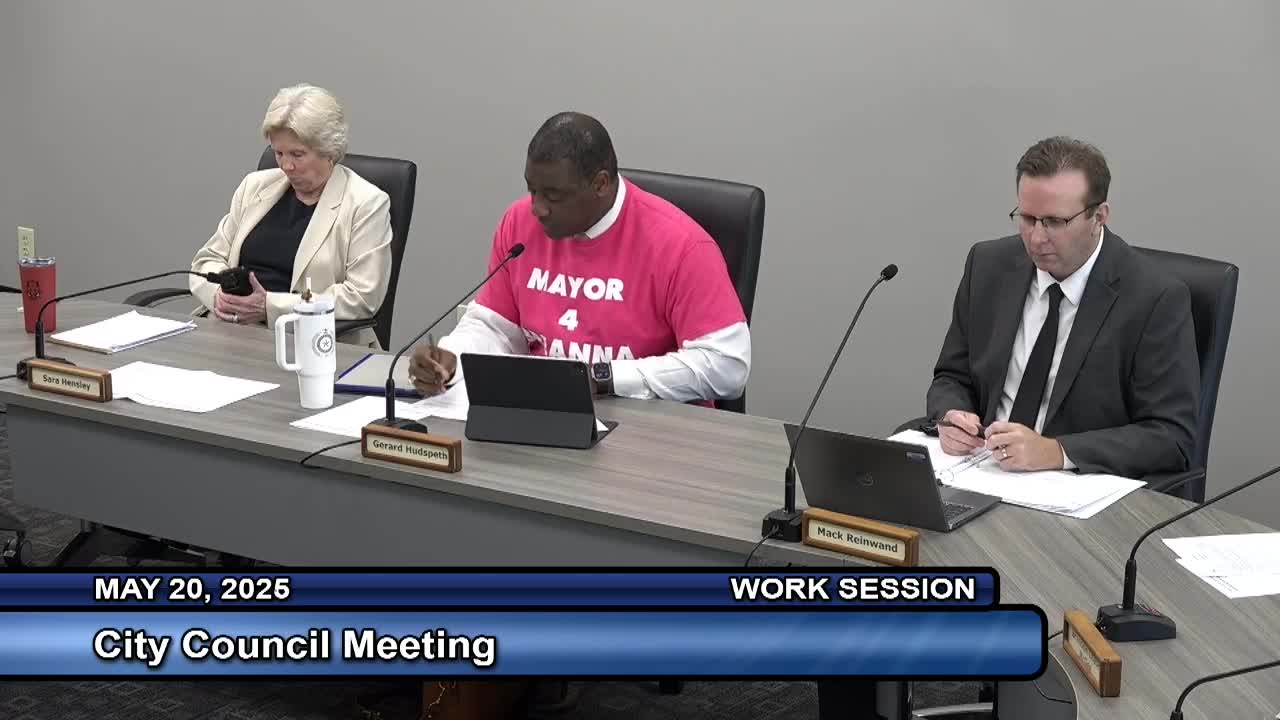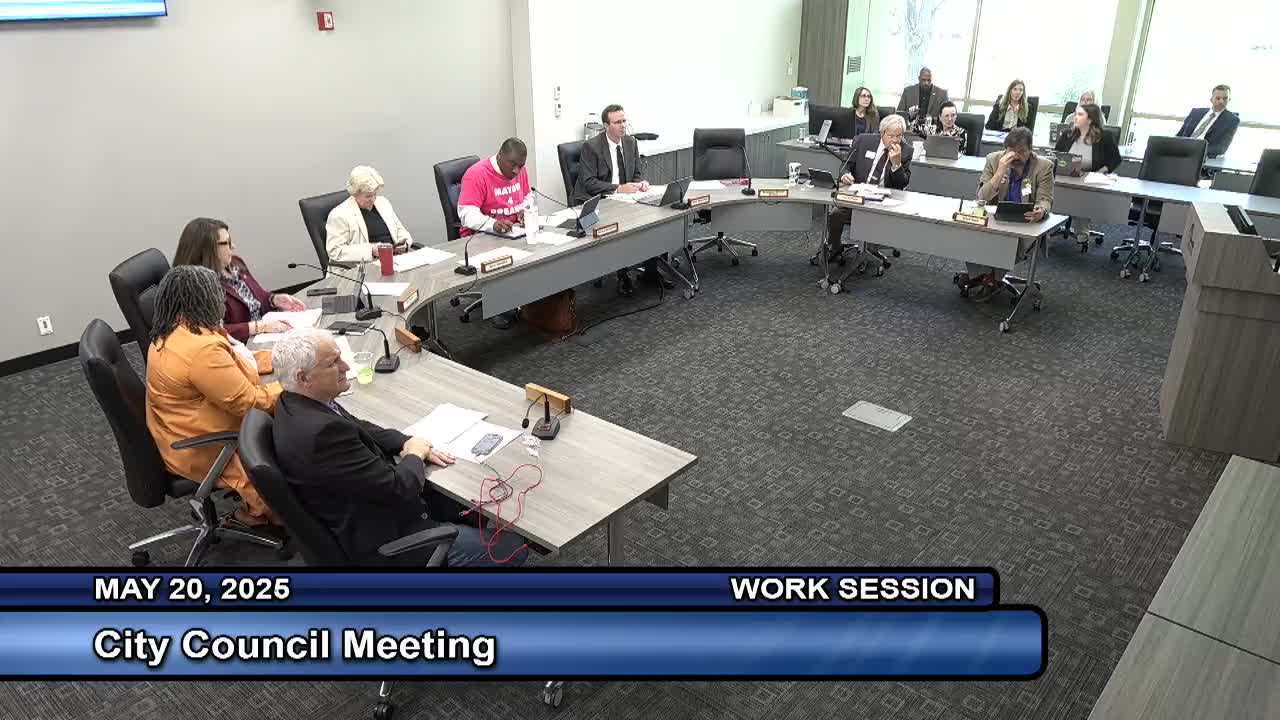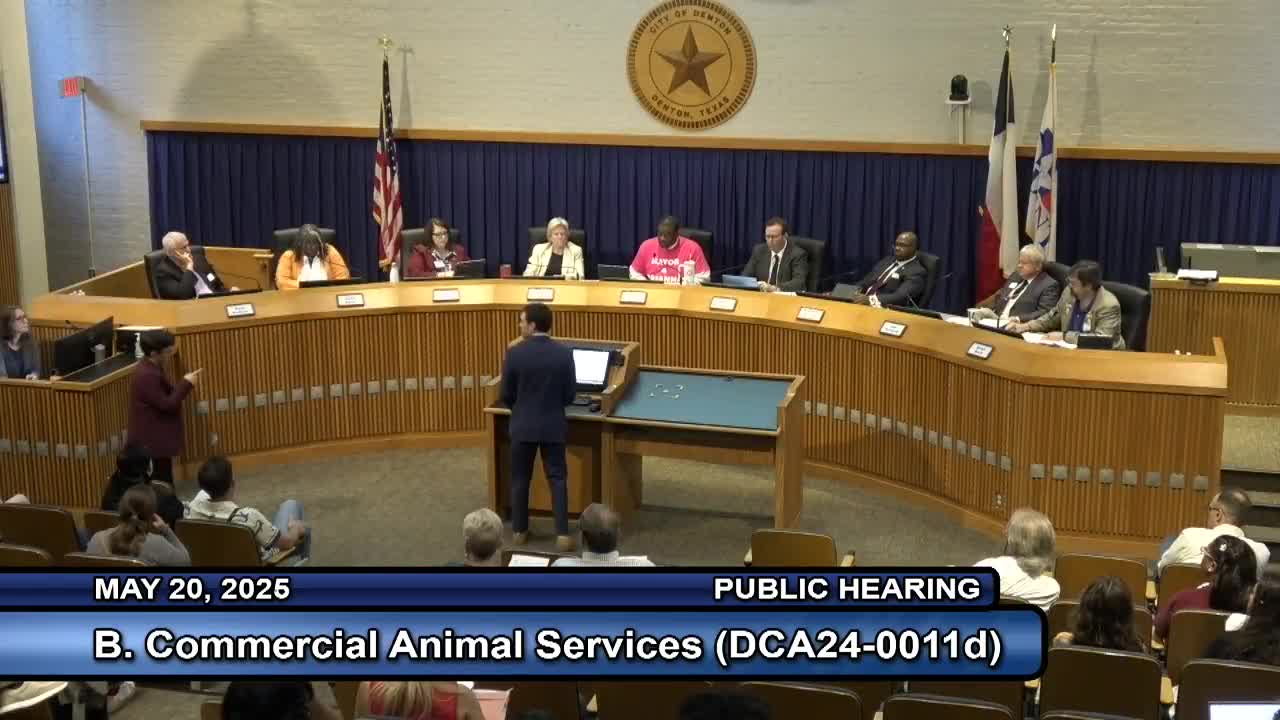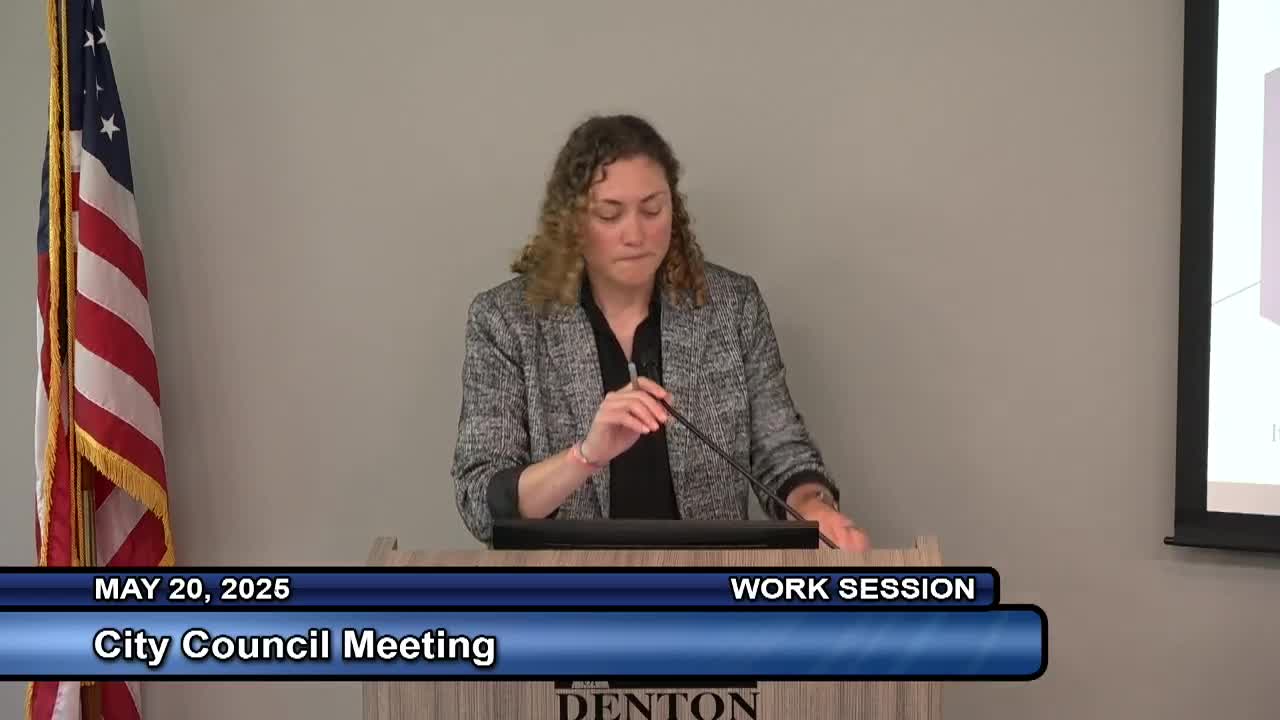Article not found
This article is no longer available. But don't worry—we've gathered other articles that discuss the same topic.

City auditor reports improvements and in‑progress items in follow‑up on recreation facilities audit

Denton CFO warns of $6.3M shortfall this year, $14M preliminary gap for FY 2025-26

Votes at a glance: Denton City Council actions, May 20, 2025

